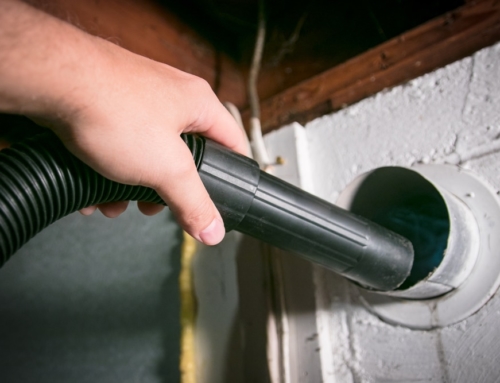Q: In 1980, I contracted with Montgomery Wards to buy some new kitchen cabinets. They told me it would take two weeks to deliver them, but in fact took five months and they never got the right cabinets delivered to me nor did they deliver all of the items I ordered.
Wards said they did all they could do and that I owed them about $5,000
I had paid them half the money, but would not pay more unless they delivered what they promised me. They sued me. I hired a lawyer, but he accomplished nothing.
Wards placed a mechanics lien on my home in 1982, but I was able to sell it in 1986. I was told by the title company that there was kind of a lien on the property but that it was never filed. They told me that Wards had filed an intention to file but never followed through with the proper paper work and they issued clear title to the new buyer.
I have bought and sold many houses since and each time the Wards’ lien pops up again and again, but it has not stopped me from obtaining a mortgage or from selling a home.
I spoke to one lawyer who said I needed to speak with a real estate attorney. The second lawyer said that mechanics liens were only good for one year and not to worry about it. The third lawyer said why worry about it because a mechanics lien is only good for 10 years.
I spoke with a fourth attorney who told me that a mechanic lien does not follow a person from house to house. The impression that I got from all the lawyers was that it really was not worth their time and I was getting the brush off.
I do not feel that I owe Wards anything, but I would like to close this out of my life. It has been 21 years, who do I call next?
A: I know this will sound strange, but it’s possible that you have received good advice from everyone you’ve spoken to.
In most places, and in the most general of terms, a mechanics’ lien can be placed on your home if you fail to pay for goods or services that improve your home. In addition, if you fail to pay a contractor for goods or services delivered to your home, the contractor can sue you for the damages he has sustained.
What most likely happened is that Montgomery Wards filed a lien against your home and sued you to recover the damages they claimed you owed them. They also probably obtained a judgment against you for the amount they claimed you owed them.
The mechanics lien placed on your home had to be foreclosed on within a certain period of time. The company probably failed to file for the foreclosure and the lien on your first home was deemed invalid by the title company.
On the other hand, the company probably had a judgment against you. When you bought or sold your homes the title companies searched the public records for judgments against you that would impair your ability to convey title to the buyer. As the judgments were not filed against any of your properties, the title company decided they were general judgments that did not affect your ability to convey title.
The judgment may still be of record against you, but it has never been enforced against you. By this time, it is most likely that Montgomery Wards (which is no longer in business after their bankruptcy a couple of years ago) no longer has a valid judgment against you and you need do nothing further.
For your general information, judgments can be extended from time to time. As an example, the original judgment may have been valid for ten years and had to be renewed of another ten years.
You can find out if the judgment is still valid by going to the courthouse in the county in which the original court case was filed and, perhaps, if they have a computer system available to the public, you can view the records of your case and determine if they have continued to renew the judgment against you, or not.






Leave A Comment